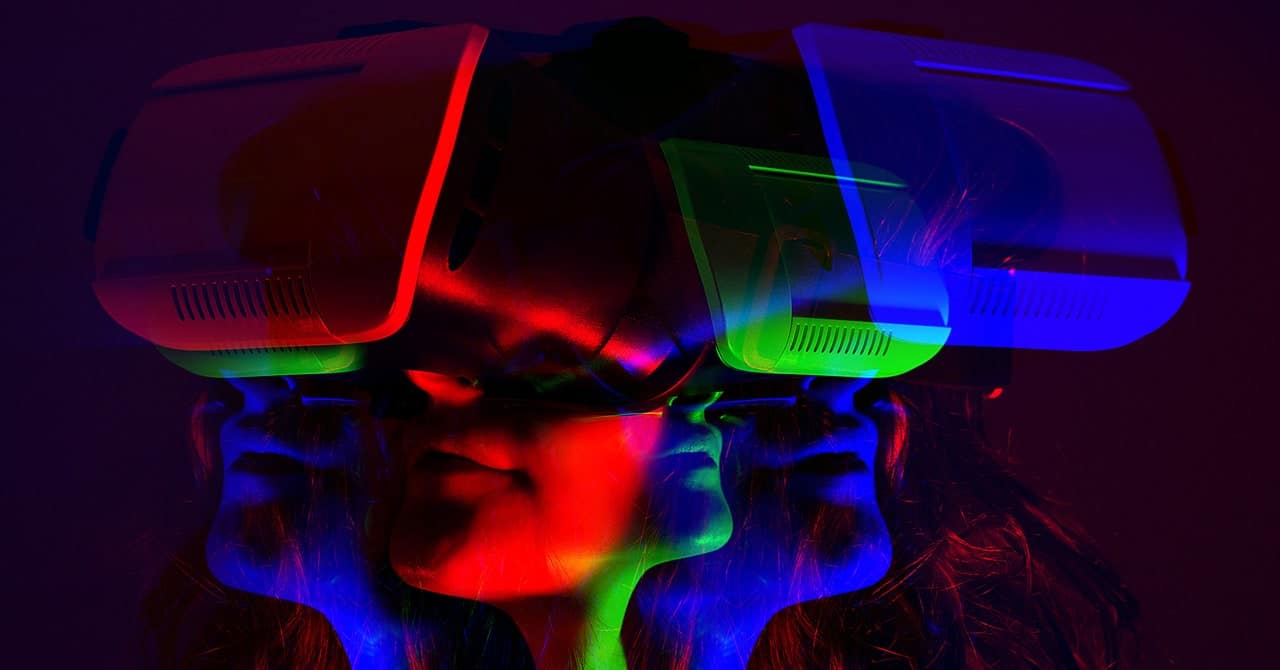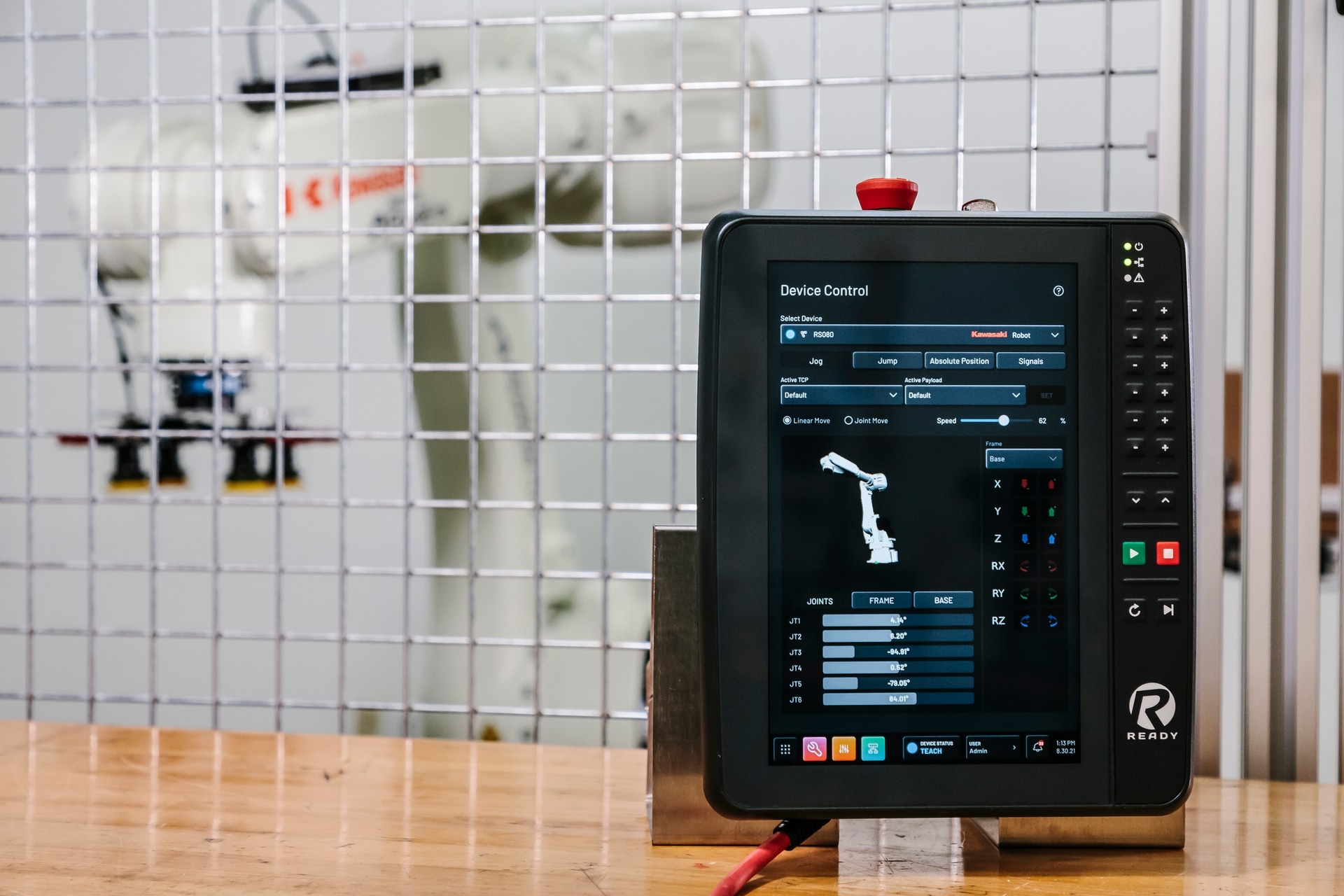The acceleration of digitization has grown in the last 2 years by 84% and automation by 50%. All companies are investing in digitization, with special attention to these priority areas:
● Cloud infrastructure.
● SaaS (Software as a service) and RPA (Robot Processes Automation).
● Data Science.
● Automation.
● Remote work and team training in digital skills.
After a time when companies have been working on digitization, i.e. converting a physical format into a digital one; for some years now (especially since the global health crisis) we have been witnessing the beginning of a real digital transformation, that is, the integration of digital technology in the organization to improve its efficiency and discover new business opportunities.
These are some of the most relevant trends regarding the digital transformation of companies:
1) Web 3.0 or the semantic web: new technologies and their applications (the Metaverse, Blockchain, Artificial Intelligence, NFTs…) are transforming the way we browse the Internet and are generating the great universal technological revolution that is decentralization, and which is based on the understanding of large amounts of data to provide a semantic and datafied web, in order to create intelligent, connected and open sites.
2) Blockchain (a chain of digital blocks containing encrypted records of a transaction on the network): it allows decentralization and disintermediation, as well as transparent interoperability. This has given rise to decentralized finance, decentralized apps (Dapps)… Radical decentralization will transform everything and the new economy will be characterized by its ability to tokenize both fungible and non-fungible assets (Tokenomics). All this will streamline transactions and operations, especially B2B and C2C.
3) Metaverses: we are witnessing the creation of centralized metaverses (such as Meta or Fortnite), mixed ones (whose ownership is centralized but with decentralized management, i.e. it is the creators who generate universes, scenarios, stores, etc., such as the Roblox meta-game) and decentralized ones (although they are still at an early stage, such as Decentraland). In the coming years we will also see the creation of 4D metaverses for simulators and glasses, as well as a reduction in the cost of access devices (for example, the glasses being developed by RayBan). Combined with NFTs, metaverses will bring about the rise of the creative economy. It’s time to be original and launch never-before-seen projects, such as Nike, which was the first to create a store on Roblox and sell its sneakers there.

Companies in all sectors are working the on & offline mix, combining physical and digital user experiences to offer an enhanced and innovative full experience. For example, Ikea now allows users to try the store’s furniture in their houses online to preview what it would look like, a concept which is similar to what fashion brands are offering their customers, letting them try on garments virtually, bringing the fitting room experience into their own home, as we discussed in the article on fashion and the Metaverse.
What’s more, progress related to Artificial Intelligence (increasingly focused on humanizing technology and facilitating its use, reducing the learning curve and conflicts in use), Internet of Things (IoT: wearables, connected home, energy efficiency…), machine learning (with a large growth of machine learning aimed at robotic automation of processes or RPA) will follow…
Thanks to all these technologies, among others, all industries and sectors will continue to address digital transformation in the coming years. In fact, by 2025, 50% of jobs will be performed by machines, according to the World Economic Forum, which anticipates that there will be a progressive adoption of robotics in all sectors, towards a hyper-automation that will reinvent industries and turn them into industries 4.0.

Moreover, smart factories will be more and more numerous, and will integrate all available technology (IoT, robotics, datafication, AI, automation, remote management of devices…) to achieve truly smart factories.
In the textile industry, additive manufacturing will be one of the most relevant trends. This new manufacturing concept creates objects by adding layers of material, mostly metal and plastic. Unlike traditional manufacturing processes, with this method no material is removed during creation (known as subtractive manufacturing). 3D printing in the textile industry is already a reality and will continue to develop in the coming years.
In the hyperconnected future that awaits us, AI will be present everywhere, creating a 100% datafied world in which the sources of information will be the garments we wear or the home itself, which will collect our data and connect to each other and to the network to provide valuable information that will make it possible to improve almost any process in any field, whether health, work, leisure…
One of the most advanced industries is the textile and fashion industry. At Evlox, we are exploring all the possibilities of digital transformation and in the next articles we will share our progress with you. Stay tuned!